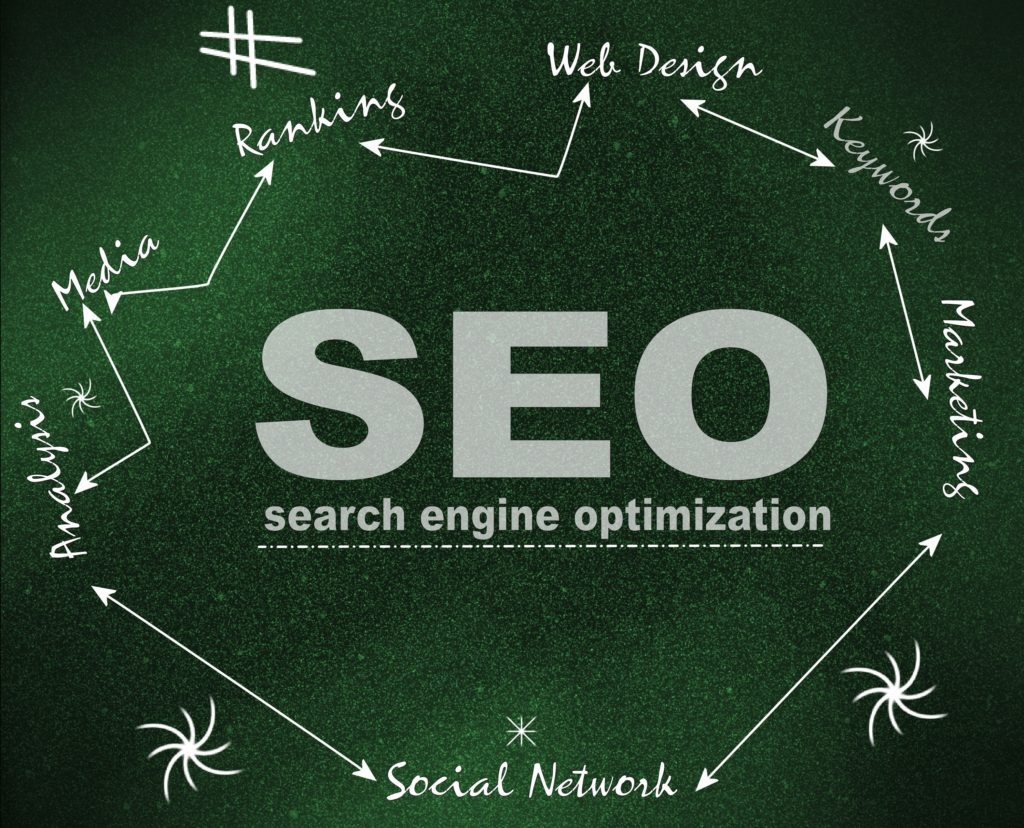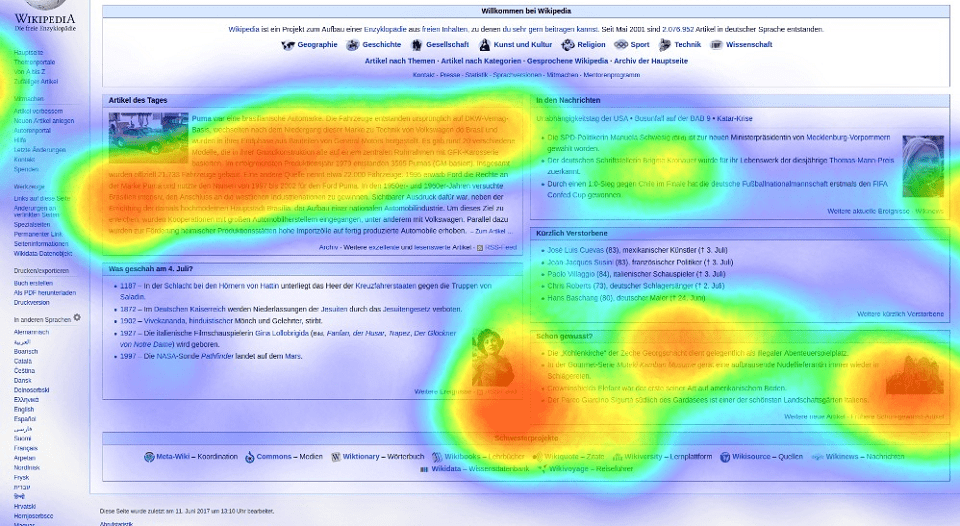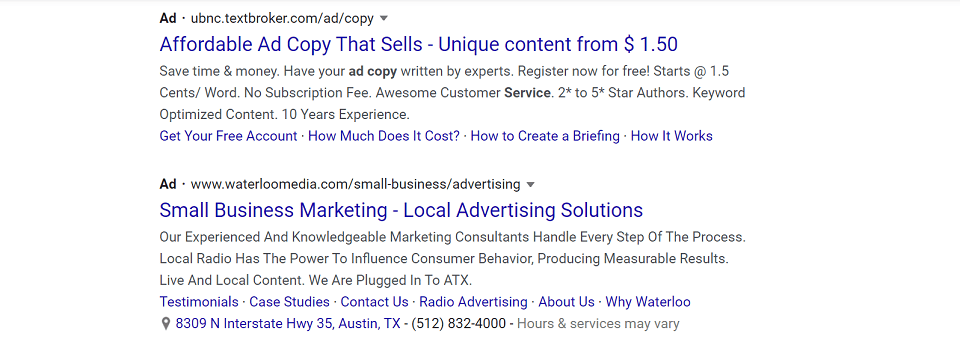In today’s competitive SEO landscape, social media has become indispensable. In fact, consumers now expect every brand to have a social media presence.
SEO is also crucial for businesses with an online presence. It enables them to rank high on Google Search Engine Result Pages (SERPs). And the ranking itself is important in determining whether or not a firm will survive or fail in the long run.
Did you know that search engines rank social media posts in addition to standard company websites? It’s true — search engines display the words you use on your social media profiles when those words are a match for a user search.
Today, social media has become an important tool for businesses to both increase website traffic and improve SEO rankings. Together, these two mediums can help a business reach more of their target consumers.
When managed properly in tandem, this can be a fantastic asset. By applying SEO principles and keywords to social media activities, companies can maximize the reach of their communications efforts across the board.
Let’s review how social media can help improve SEO rankings:
Promoting Content On Social Media
Content sharing is one of the core functions of social media. Users engage with social media through content, which can come in the form of written words, photos, live streaming, or videos.
Social media helps businesses share content with their target audience, providing boosts for their brands.
Although social media shares are not as valuable as backlinks from authoritative websites, they play a crucial role in increasing user engagement and reducing bounce rates.
When you share interesting and relevant content on social media, people will read it, improving the overall engagement metrics for your website. Social media can help improve the SEO ranking by sending positive signals to search engines through content promotion.
Google analyzes time on page and bounce rates while determining which websites and pages to rank on page one. A low time on page and high bounce rate both signal that the content has a poor user experience. When this happens, Google lowers where that content ranks.
Even worse, when a user bounces immediately, Google assumes the content is poorly written or not useful. They will also figure the content is a bad match for the search term, and lower where that page appears on that particular SERP.
Giving their target audience a high-quality experience is a great way to improve SEO for businesses. One of the best ways to deliver that experience is high-quality content. Social media is a reliable channel for delivering content to target consumers.
Building Brand Awareness
Social media enables businesses to communicate with their target audience directly. Because of this reach, it is a reliable tool to increase brand awareness.
Most often, consumers will want to know about your brand before they opt to visit your website.
When businesses post exciting and valuable content, respond to queries, and participate in conversations on social media, it will help build brand awareness among their target audience. Moreover, paid options, like advertisements and sponsored posts, enable businesses to reach an even larger audience.
It is good to post a few times during a day on social media. Keep in mind that conversing and engaging with the target audience is crucial for spreading brand awareness.
When you identify your target audience, it becomes easy for you to target them with relevant advertisements and posts.
Link Building
Social media also helps businesses build links by exposing external websites to their content, which they may choose to link to without being asked.
To succeed at link building, you’ll need to publish relevant, engaging, and high-quality content that is likely to prompt people to link it. Businesses can leverage social media to expose their content more.
Driving Local Engagement
Social media provides a channel to engage with local communities. It helps send the specific local interests to search engines.
Businesses can easily engage locally on social media. They can interact with local brands and promote their involvement in local events.
It will help if you research the brands in your area and locate the companies that share your ideas. Some good ways are sharing their relevant updates, engaging in live discussions, and guest blogging on their websites.
When you participate in any local event, trade show, or conference, take pictures or create catchy videos. Later, you can post those content assets on social media to detail your experience.
If you have a blog, publish locally-relevant content to attract local customers. Also, prioritize local SEO. Social media can help businesses attract local audiences to their website and send relevant signals to search engines.
Digital Networking
Businesses can leverage their social media followers to improve their SEO ranking through digital networking. Social media is a perfect tool for digital networking to build relationships with target customers.
There are many ways to do digital networking. In simple terms, you can define it as developing relationships with followers. It can also involve reaching out to influencers who have the Expertise, Authority, and Trustworthiness (EAT) that Google prefers.
Tips to Improve SEO and Social Media in Tandem
Finally, here are some ways for businesses to improve SEO through social media:
Pick the Right Keywords
First thing to get right is to choose the right keywords for with your business. While posting on social media, use keywords specific to your business.
With more keywords in your posts, you’ll increase the likelihood of your posts showing up higher on SERPs. This is an essential part of all social media marketing campaigns.
Link to Your Own Website / Domain
Always include a link back to your main website from your social profiles. This will help potential customers find your domain, which will increase overall traffic. More traffic overall is an indicator to Google that your site is worth ranking higher, so social can help feed that volume growth.
Include Keywords in Images
When posting images on social media, always include keywords in the caption and a link to the website.
Tracking Competitors’ Keywords
Keywords in both organic ranking and social media use are very important, so keep tabs on what your competitors are pursuing. Then either use the keywords in smarter ways, or find better keywords so you don’t have to face off head-to-head as much.
It doesn’t matter if you do the same thing or take a completely different approach. It’s whether or not you are showing up when people look for what you are selling them.
Measure Your Progress
Google remembers your search activity and may show you ranking higher on subsequent searches to see where you rank. So you can’t just search again and again thinking you are seeing what everyone else sees on the SERPs.
There are a couple of better ways to do this. First, always check from an incognito window, or even better, a completely separate browser from the one you normally use.
Second, you can use a keyword ranking tracker tool that will show you the average ranking for each keyword across all searches in your geography. In either case, be sure you are not inadvertently thinking you rank higher than you are because of personalized SERPs.
Conclusion: SEO and Social Media Are Connected
As this post highlights, SEO and social media are absolutely interdependent. If you go about it right, balancing how you promote and rank content across all channels simultaneously, you too can benefit from the lift the two mediums provide to each other.
Feature Image Credit: CC0, via pixy.org
Disclaimer: The views and opinions stated in this post are that of the author, and Return On Now may or may not agree with any or all of the commentary.
This guest post brought to you courtesy of Return On Now, Professional Austin SEO and PPC Services Company.
Peter Davidson
Latest posts by Peter Davidson (see all)
- How to Use Auction Insights for PPC Competitor Analysis - October 26, 2021
- The Interrelationship Between SEO and Social Media - June 29, 2021





